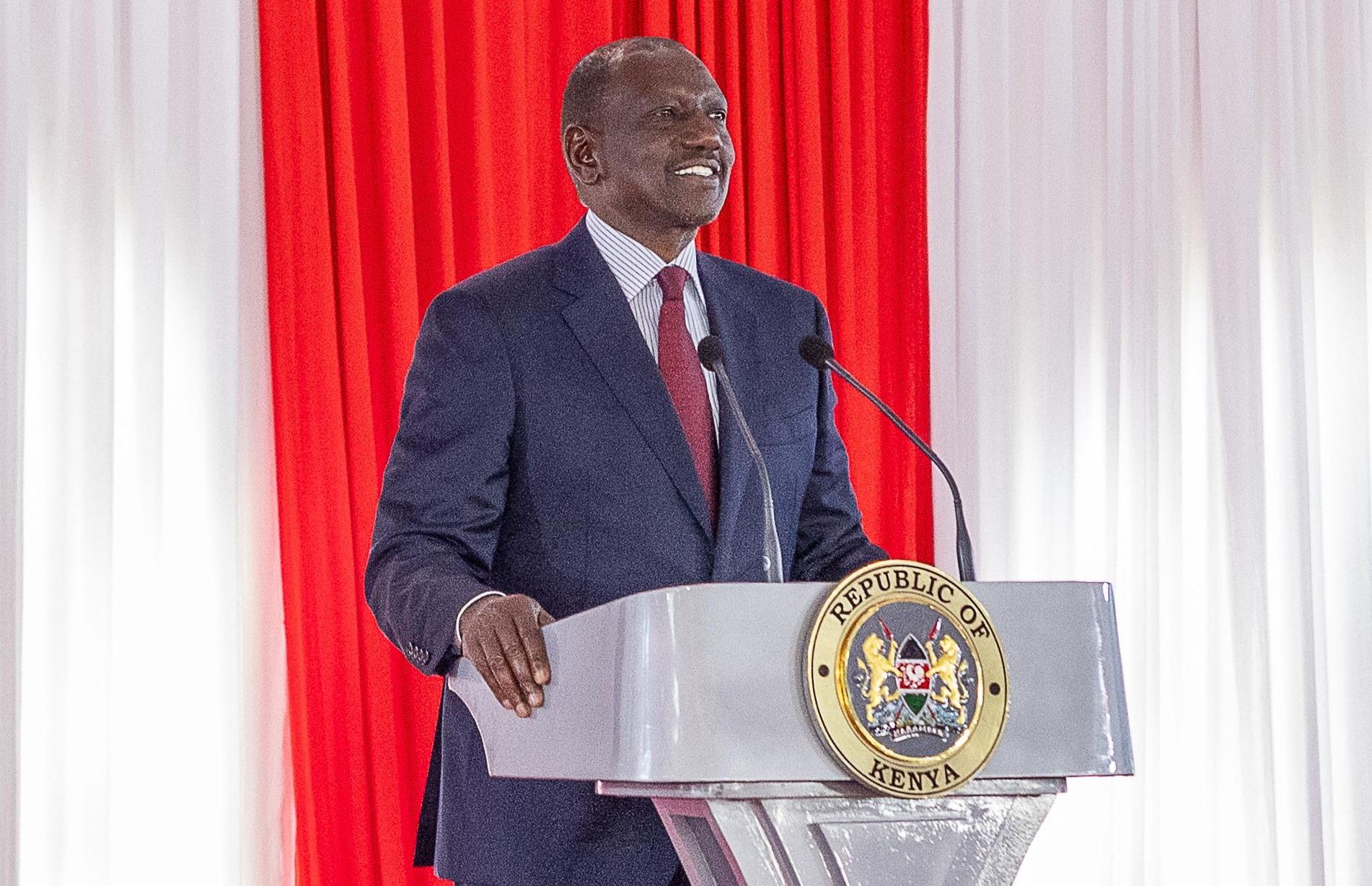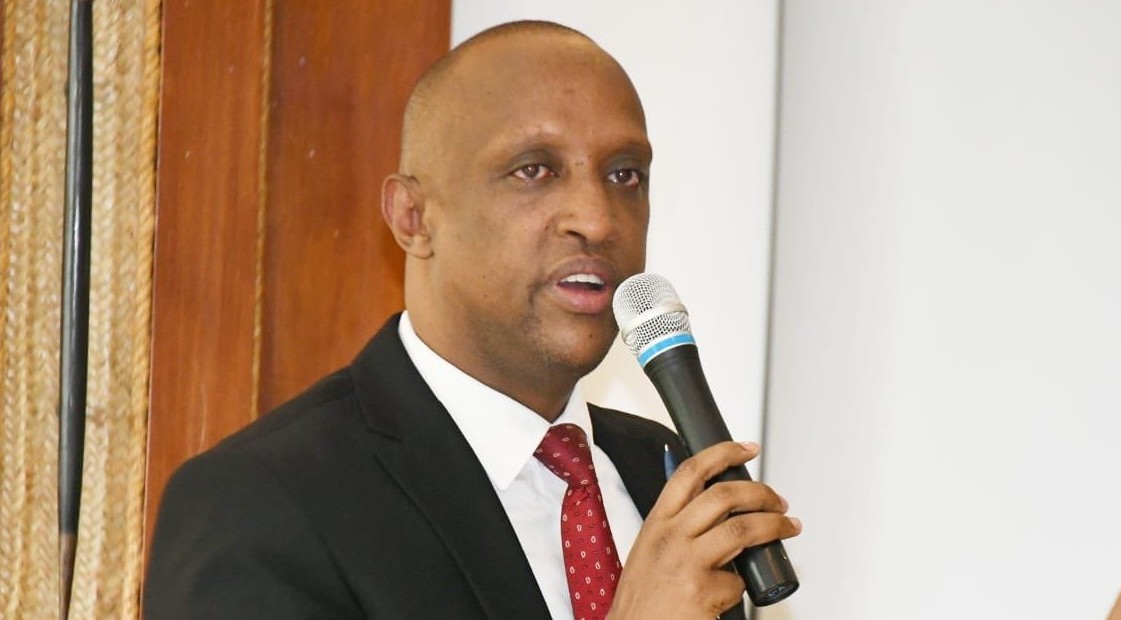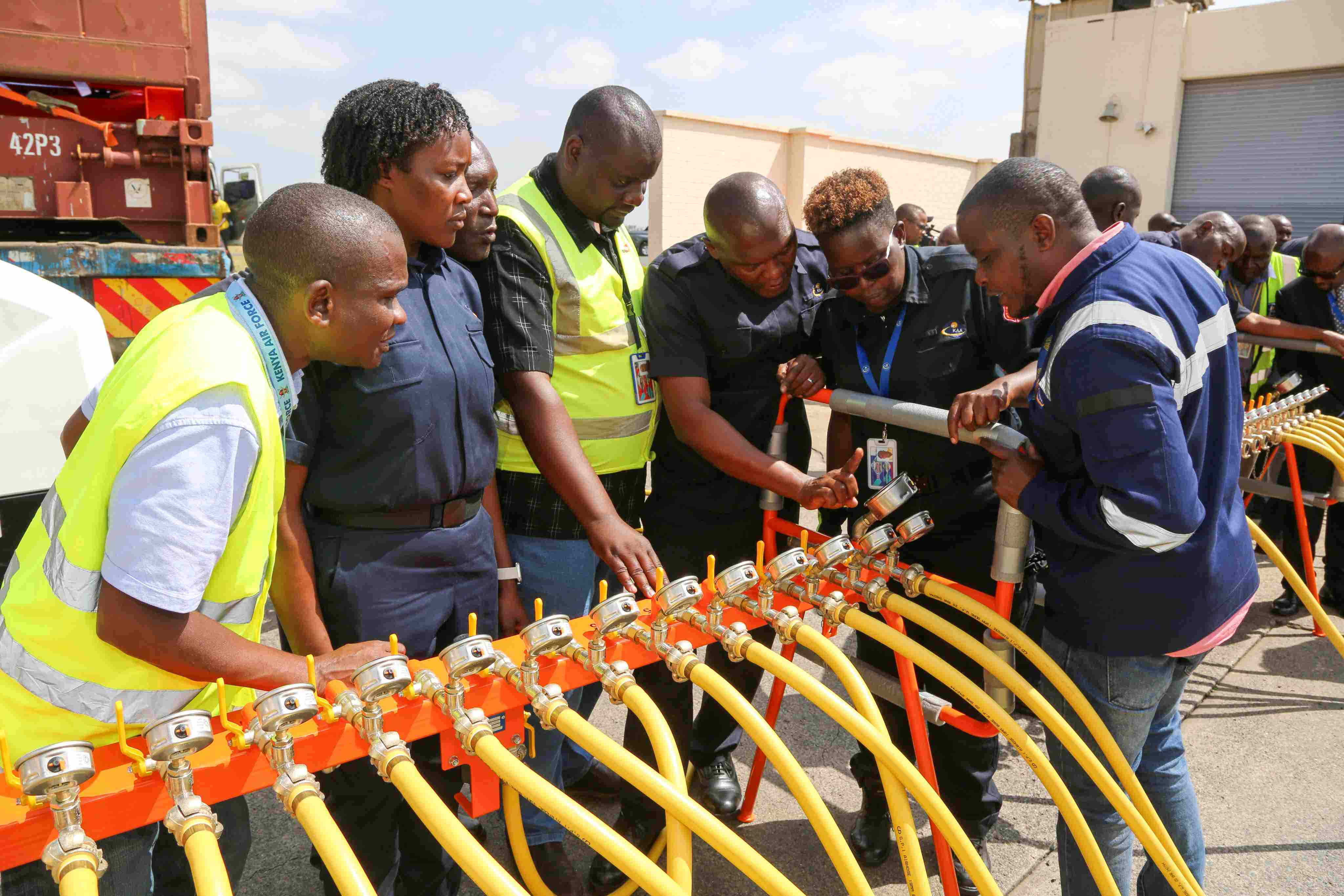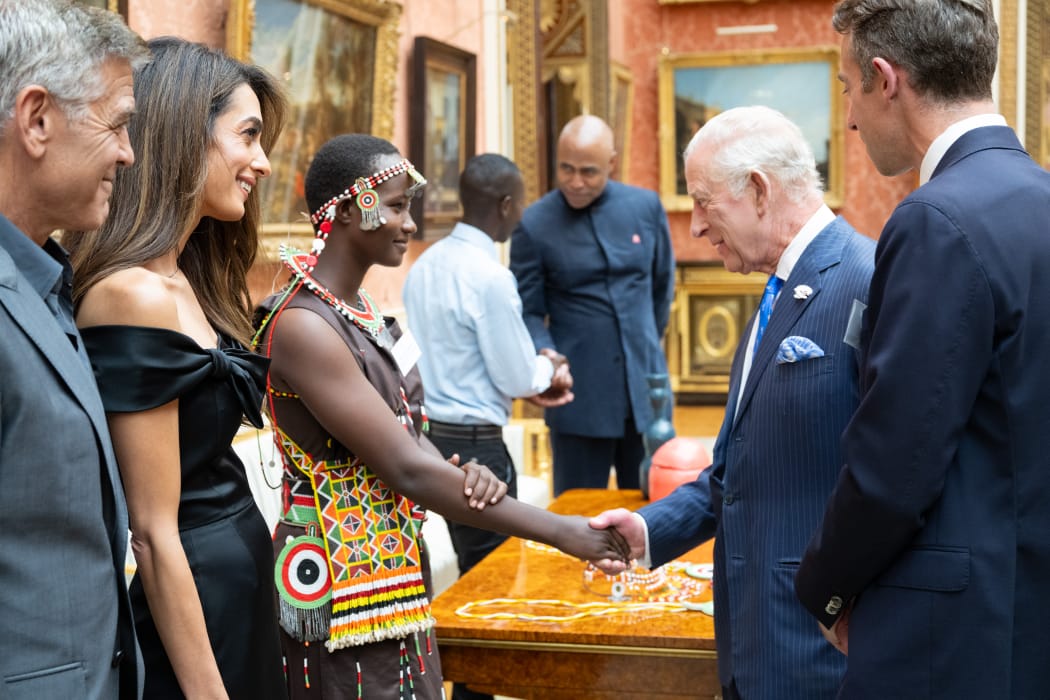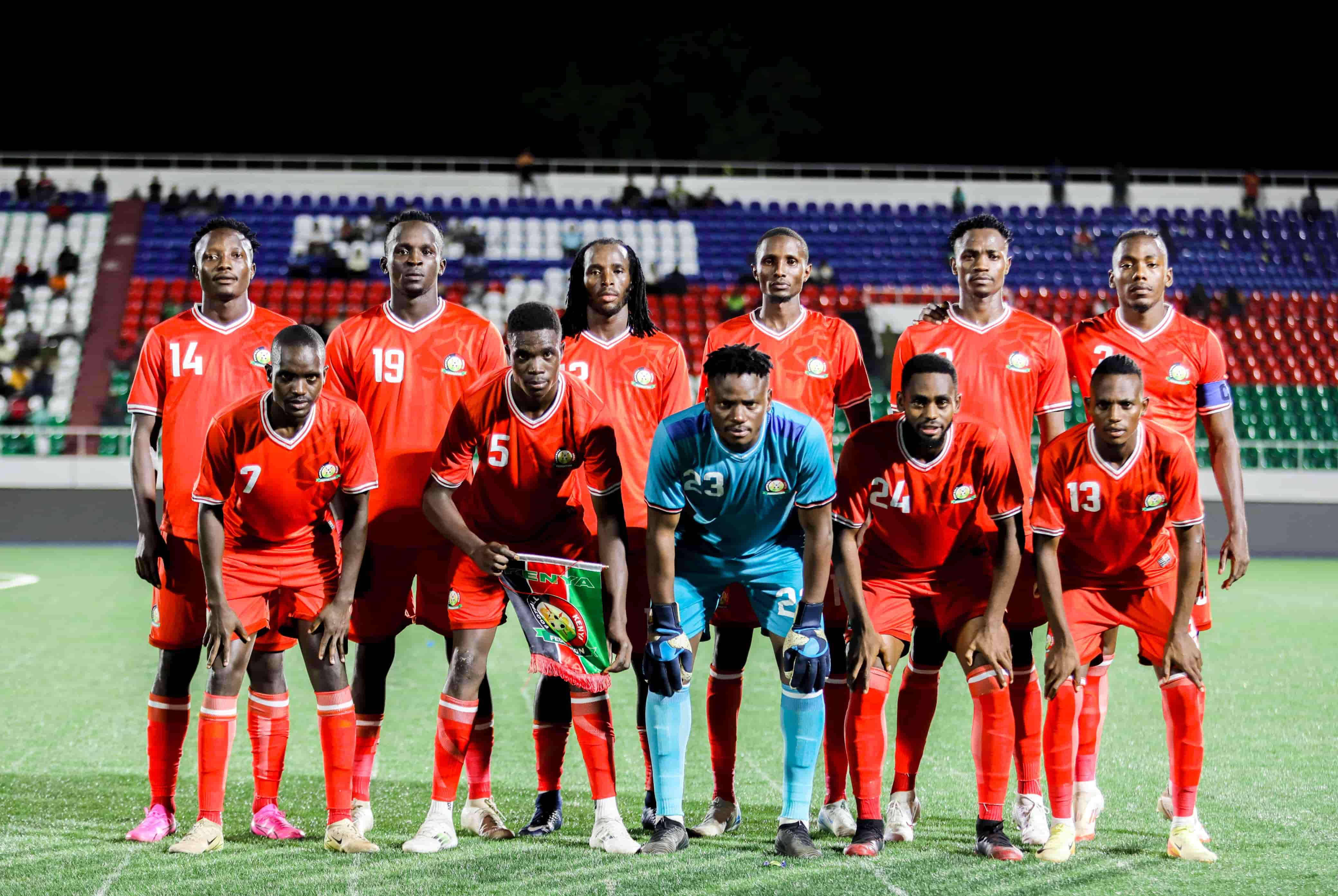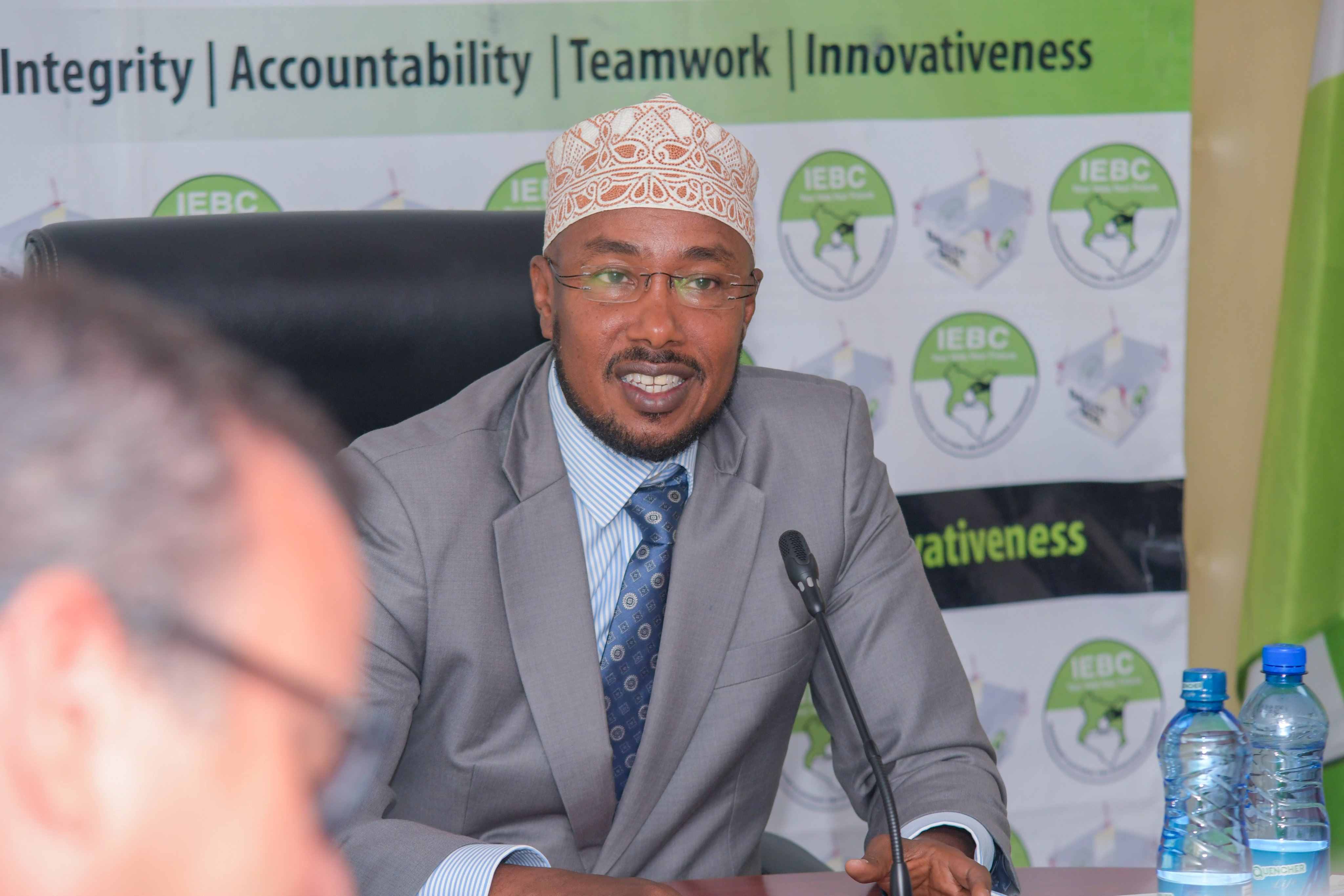World Haemophilia Day: Shining light on rare disorder and women often left behind
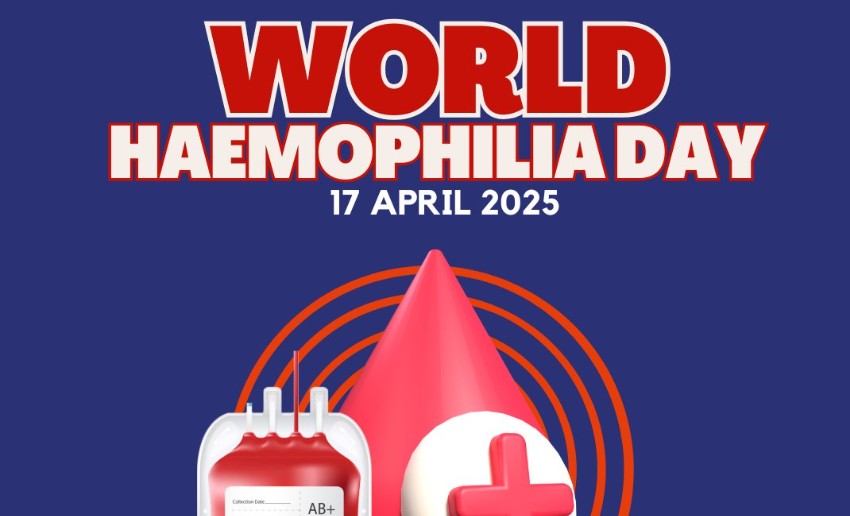
On this day, governments and health bodies are reminded to put in place policies and plans that will support patients and their families in the long run.
Every year on April 17, people around the world take time to raise awareness about haemophilia, a rare inherited bleeding disorder.
This year’s theme, “Access for All: Women and Girls Bleed Too,” shines a light on the struggles of female patients who are often overlooked in conversations around the disease.
More To Read
The day not only aims to inform the public but also to support those living with haemophilia through better access to care and treatment.
On this day, events are held to promote education on haemophilia, encourage open dialogue, and raise funds to help those affected. Organisers and health professionals use the opportunity to push for more inclusive healthcare systems that meet the needs of all patients, regardless of gender.
History of the day
World Haemophilia Day was first observed in 1989. It was set up in honour of Frank Schnabel, a Canadian businessman who lived with severe haemophilia A.
In 1963, he founded the World Federation of Haemophilia (WFH), aiming to improve care for what he called “the hundreds of thousands of haemophiliacs” across the globe. His efforts laid the foundation for an international response to a condition that had long been misunderstood and neglected.
What is Haemophilia
Haemophilia is a condition that causes people to bleed more than normal due to the lack of certain proteins in the blood that help with clotting.
The disorder is linked to the X chromosome. While both men and women have an X chromosome, men have only one (XY) and women have two (XX).
This means that when there is a problem on the X chromosome, men are more likely to be affected, since they don’t have a backup.
Women, however, can also experience symptoms, especially those who carry the abnormal gene. In some cases, they bleed just as much as men with the condition.
These symptoms can start early, sometimes from birth and without proper treatment, they can lead to serious health problems.
Kenya Haemophilia Association has estimated that one in every 10,000 Kenyans suffers from haemophilia. This translates to about 5,300 people across the country.
While a complete cure has not yet been found, treatment options are available to help manage bleeding episodes and improve quality of life.
Why is the day celebrated?
World Haemophilia Day is more than just a day of recognition. It is a time to educate people on what causes the disease, how it shows up, how it is diagnosed, and how it can be managed.
People living with haemophilia face daily struggles, and this day gives them a platform to share their experiences.
Families, caregivers, healthcare workers, and support organisations come together to form a strong network around those who need it most. This sense of community and support is vital to patients’ mental and physical well-being.
The day also draws attention to the need for new research and ongoing efforts to improve treatment.
On this day, governments and health bodies are reminded to put in place policies and plans that will support patients and their families in the long run.
Top Stories Today
Reader Comments
Trending


